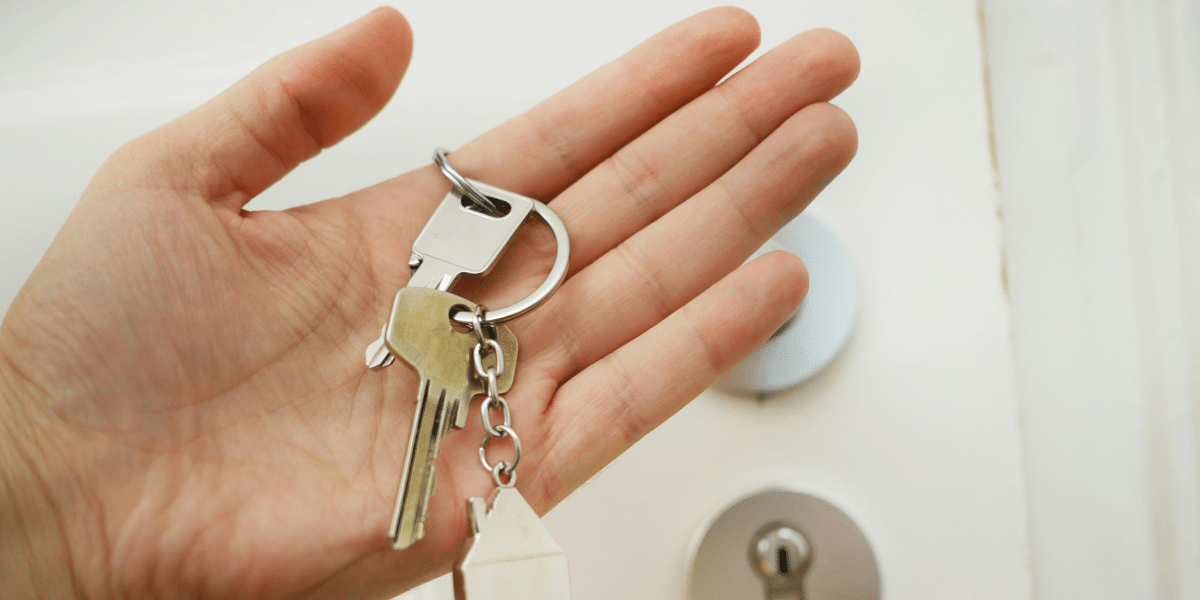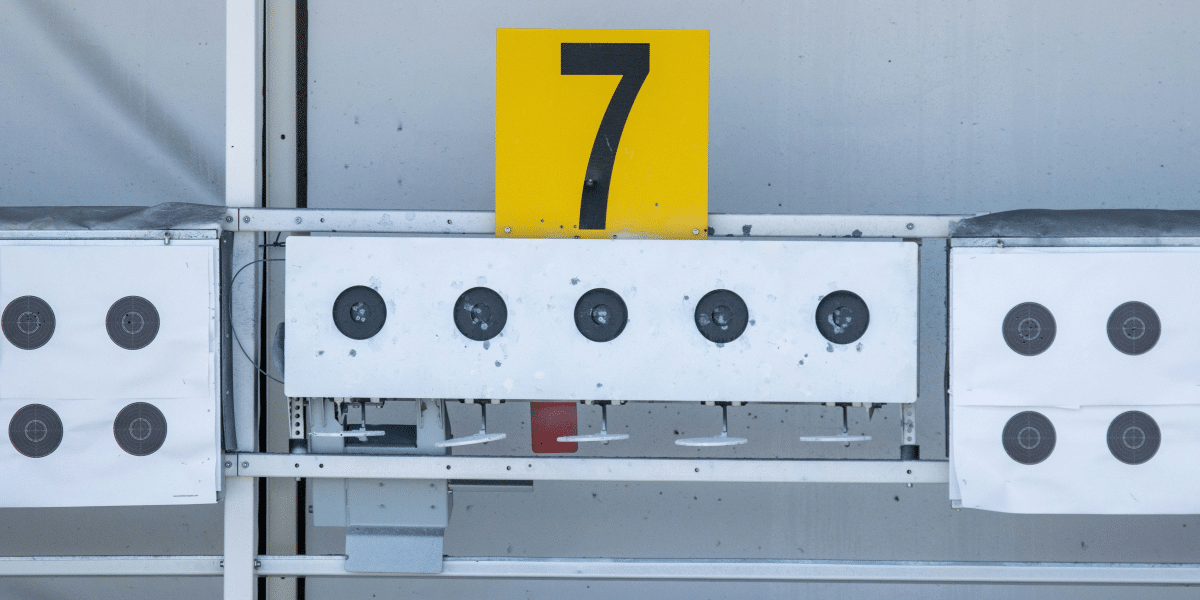By: Erin Corcoran
The rise of smart home technology is transforming the real estate market. Once considered futuristic, features like voice-activated assistants, smart thermostats, and advanced security systems are staples in many homes. Beyond convenience, these technologies add tangible value to properties, making them more appealing to buyers and increasing resale potential. As more homeowners embrace the benefits of smart technology, understanding which features offer a good return on investment is critical for anyone looking to sell or enhance their home.
The Growing Demand for Smart Home Features
In recent years, smart home technology has gone from a luxury to a necessity. Buyers now expect properties to include some level of automation or connectivity. Features like smart lighting, programmable thermostats, and keyless entry systems are not just add-ons but dealmakers. Studies show that homes with smart technology can sell faster and for higher prices than their traditional counterparts.
Brandon Beatty, Owner of Southern Hills Home Buyers, explains the growing impact of smart home technology:
“Smart home features are becoming a standard expectation for buyers. I’ve seen firsthand how adding something like a smart thermostat or security system can dramatically increase a property’s appeal. We focus on value-added improvements, and smart technology is one of the best ways to boost a home’s desirability. It’s all about meeting the demands of today’s tech-savvy buyers.”
As technology evolves, homes without these upgrades risk falling behind in an increasingly competitive market.
Must-Have Smart Home Features
Not all features in smart home technology are created equal. Some upgrades, such as smart thermostats or energy-efficient lighting systems, offer immediate cost savings and appeal to environmentally conscious buyers. Others, like video doorbells and motion-sensor security cameras, provide peace of mind and enhanced safety.
Patrick Carver, CEO of Constellation Marketing, highlights the importance of selecting impactful features:
“The key to smart home upgrades is choosing features that offer both functionality and value. A video doorbell, for instance, is a small investment but has a big impact—it makes buyers feel secure. Energy-saving devices like smart thermostats are another great choice because they appeal to buyers looking for cost efficiency. Smart technology isn’t just about gadgets; it’s about creating a home that feels modern and practical.”
Upgrades like these make a property more attractive and provide lasting benefits to homeowners.
The Role of Smart Homes in Resale Value
One of the most significant advantages of smart home technology is its ability to enhance a property’s resale value. Buyers often pay a premium for homes equipped with the latest innovations. Additionally, smart features can make a home stand out in listings, drawing more interest and potentially leading to faster sales.
Vladimir Plotnikov, Founder of Plot Property Group, has seen how smart upgrades impact real estate transactions:
“In Las Vegas, where the market is competitive, smart home features can set a property apart. I’ve worked with sellers who added smart locks or voice-controlled lighting and saw immediate interest from buyers. These features show that a home is future-ready, which resonates with today’s buyers. A small investment in technology can lead to a big payoff during resale.”
Incorporating smart features into a home doesn’t just appeal to current trends—it positions the property for long-term success in the market.
Smart Technology and Home Efficiency
Beyond aesthetics and convenience, smart home features often improve a property’s energy efficiency. Devices like programmable thermostats, energy-monitoring systems, and automated lighting reduce utility bills, which is a major selling point for eco-conscious buyers. With sustainability becoming a priority for many homeowners, smart technology offers a practical solution to reduce a home’s carbon footprint.
Shannon Beatty, Founder of House Buying Girls, emphasizes the importance of energy-efficient technology:
“Many of the clients I work with are looking for homes that align with their values, and sustainability is a big one. Smart home systems that save energy, like automated lighting or efficient thermostats, are incredibly appealing. We’ve seen buyers prioritize these features over traditional upgrades. When a home offers both comfort and eco-friendliness, it’s a win-win for everyone.”
Smart technology meets the demands of environmentally aware buyers and contributes to long-term cost savings for homeowners.
Making the Most of Smart Home Investments
For homeowners and sellers looking to maximize the impact of smart home upgrades, it’s important to focus on features that buyers care about most. Start with affordable, high-impact options like video doorbells, smart locks, or Wi-Fi-enabled thermostats. For those willing to invest more, whole-home automation systems and voice-controlled hubs can significantly enhance a property’s appeal.
When implementing smart technology, consider the following tips:
1. Keep It Simple: Choose systems that are easy to use and compatible with popular platforms like Amazon Alexa or Google Home.
2. Highlight the Benefits: Make sure potential buyers understand how these features work and the value they add.
3. Focus on Security and Efficiency: Security and energy savings are top priorities for most buyers.
4. Stay Current: Technology evolves quickly, so opt for features likely to remain relevant for years to come.
Conclusion: The Future of Real Estate Is Smart
The smart home boom is more than just a trend—it’s a shift in how people view modern living. For homeowners, integrating smart technology offers convenience, savings, and a better quality of life. For sellers, it’s proven to enhance a property’s appeal and command higher prices.
As Brandon Beatty, Patrick Carver, Vladimir Plotnikov, and Shannon Beatty highlight, smart home features are becoming essential in today’s real estate market. By investing in the right upgrades, homeowners can stay ahead of the curve and ensure their properties meet the demands of tech-savvy buyers. Whether preparing to sell or simply improving your home, embracing smart technology is a smart decision.
Published by: Nelly Chavez





